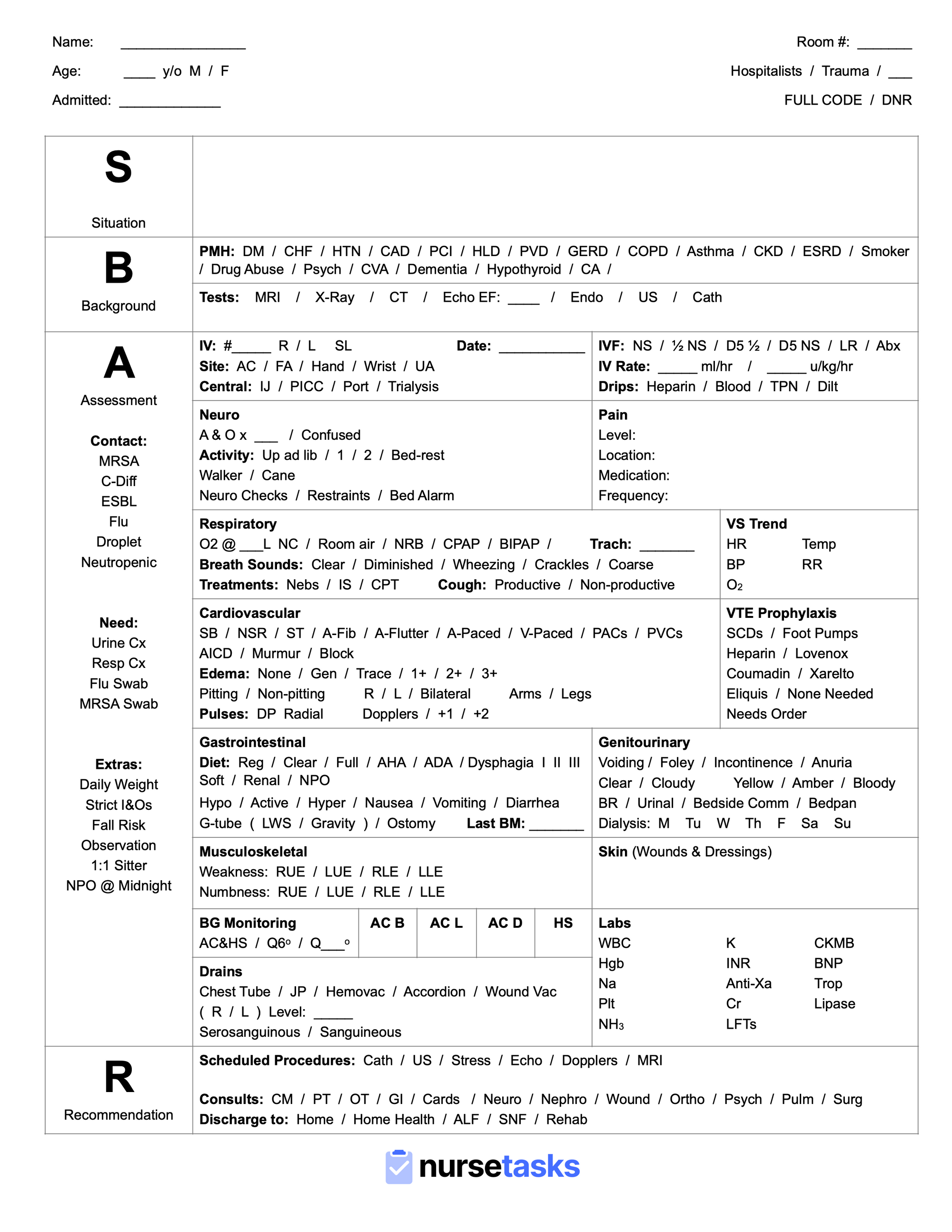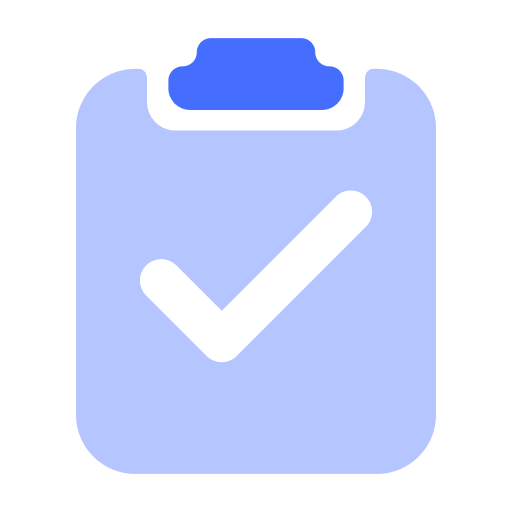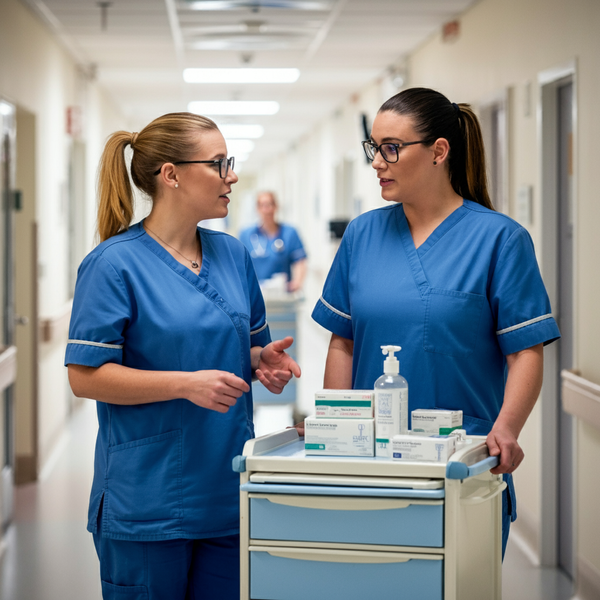What to Expect in Nursing School Clinicals

Nursing students undergo a rigorous education and training process before becoming registered nurses. One crucial aspect of this education is the nursing clinical, which provides hands-on experience in a supervised clinical setting. Nursing clinicals are essential for preparing nursing students for the challenges of clinical practice. Here is a detailed look at what to expect during a typical day in the life of a nursing clinical.
Arrival and Preparation
Nursing students typically arrive at the clinical site early in the morning and begin preparing for the day's activities. This includes reviewing the patient charts and care plans, checking equipment and supplies, and receiving any specific instructions from the clinical instructor or staff. They also ensure that they are wearing the appropriate attire and have all the necessary tools to perform their duties. Some schools will have their students research their patients the day prior, especially if they are on a unit where there is a long length of stay such as the ICU.

Patient Assessments
Patient assessments are a critical component of nursing practice. Nursing students perform patient assessments, including vital signs, neurological and cardiovascular assessments, and collecting other pertinent patient data. They communicate their findings to the clinical instructor and/or the assigned RN, who provide guidance and feedback. Patient assessments are essential for developing the care plan and identifying any changes in the patient's condition.
Medication Administration
Medication administration is a vital aspect of nursing practice. Nursing students may assist with medication administration, such as preparing and administering medications, checking medication orders, and monitoring the patient's response to medication. They must ensure that they follow the five rights of medication administration, which include the right patient, right medication, right dose, right route, and right time. Medication errors can have serious consequences for patients, so nursing students must be vigilant and accurate.
Patient Care
Providing patient care is another critical component of nursing practice. Nursing students provide patient care, such as assisting with hygiene, mobility, nutrition, and comfort measures. They work alongside the RN to implement the care plan and collaborate with other healthcare team members to ensure coordinated care. Nursing students must prioritize patient safety, dignity, and privacy while providing compassionate care.
Observations
Observing clinical procedures is an essential aspect of nursing clinicals. Nursing students observe clinical procedures, such as dressing changes, blood draws, and IV starts. They may assist with these procedures under the supervision of the RN or instructor. Observing clinical procedures allows nursing students to gain hands-on experience and understand the steps involved in various procedures.
Documentation
Documentation is a critical aspect of nursing practice, and nursing students must learn to document accurately and efficiently. Nursing students document patient care and observations in the medical record, under the supervision of the RN or instructor. This includes documenting vital signs, medication administration, patient care, and observations. Documentation is essential for communication, legal protection, and reimbursement.
Debriefing
At the end of the clinical day, nursing students debrief with the clinical instructor to reflect on the day's activities, discuss any questions or concerns, and receive feedback on their performance. Debriefing is a crucial aspect of the nursing clinical, as it allows nursing students to reflect on their experiences, identify areas for improvement, and receive guidance from experienced clinicians.
A typical day in the life of a nursing clinical involves a combination of patient care, medication administration, observations, and documentation. Nursing students work under the supervision of the clinical instructor and/or the assigned RN to provide safe, effective, and compassionate care to patients. The nursing clinical is a valuable learning experience that prepares nursing students for the demands of clinical practice. By learning the ins and outs of the nursing clinical, nursing students can develop the knowledge, skills, and confidence they need to become successful nurses.






